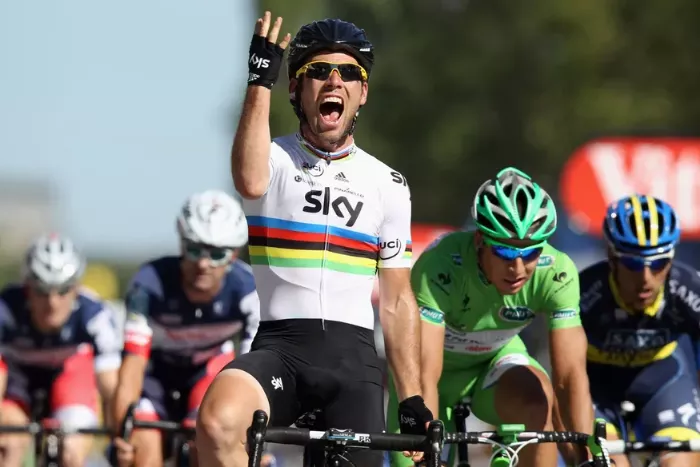The idea of shaking up the Tour de France’s traditional final stage in Paris has sparked interest, particularly with suggestions to incorporate the cobbled streets of Montmartre into this iconic finale. While the prospect is exciting, it might be best limited to just one year.
For many cycling fans, the final stage of the Tour de France is more about tradition than thrilling racing. Aside from the final 10 kilometers, the day often sees little action until sprint teams line up for the anticipated dash along the Champs-Élysées. While it’s a spectacle, it’s become a familiar routine that raises the question: could a bit of variety bring fresh excitement to the race?
Over the years, I’ve often found myself wishing for something unexpected to disrupt the predictable sprint finish. This isn’t because I dislike the high-speed showdown, but rather because variety keeps things fresh, surprising viewers, and drawing in new fans. After all, isn’t that the essence of sport? To entertain and offer moments of unpredictability? As a child, I was captivated when Alexander Vinokourov triumphed in Paris in 2005, a win that broke with convention and left a lasting impression.
This is why the recent reports about the potential inclusion of the Butte Montmartre cobbled climb in the final stage should be welcomed, even though its feasibility is still uncertain. The climb, which gained fame during the Paris Olympic road events, could add a fresh challenge to the race’s conclusion. While Tour technical director Thierry Gouvenou ruled out incorporating the full Olympic circuit in August, there are still discussions about potentially including Montmartre in some capacity.
Should this idea come to fruition, the final stage could become more dynamic, offering dramatic possibilities for the outcome, especially given the talent in today’s peloton. However, the concept raises several important questions.
For one, how would the general classification be affected? If the stage were no longer ceremonial, would it influence the fight for the overall victory on the final day? A thrilling showdown between the likes of Tadej Pogačar and Jonas Vingegaard, with mere seconds separating them, would certainly captivate fans. Yet, this would require careful consideration, particularly regarding how times are calculated and how the stage fits into the broader context of the race.
On the other hand, disrupting the traditional sprint on the Champs-Élysées could have unintended consequences. For many sprinters, the final day represents their last opportunity to shine. Without the chance to contest the iconic sprint finish, the incentive for riders like Jasper Philipsen or Dylan Groenewegen to reach Paris might diminish. Although the rise of Classics-focused riders like Wout van Aert, Biniam Girmay, and Michael Matthews could make them strong contenders on a challenging Montmartre stage, the more traditional sprinters might feel sidelined.
The beauty of the Tour lies in its diversity, with different types of riders bringing their own excitement to the race. A balance between sprinters and climbers is essential, and removing the sprint finish might upset that equilibrium.
While the idea of change is appealing, it should be approached cautiously. The success of last year’s final stages around Nice demonstrated that course alterations can work. However, permanently replacing the Paris sprint with a challenging climb would risk diminishing the allure of the traditional finale. A one-year experiment could generate the buzz and surprise that fans crave, but maintaining the iconic sprint should remain a priority for the future.
Ultimately, the Tour de France should embrace the prospect of change but temper it with respect for its rich traditions. Experimenting with new ideas could inject freshness into the race, but keeping the iconic finish on the Champs-Élysées should remain a cornerstone of the Tour’s identity.
Related topics
- Hessmann to Join Movistar After Doping Suspension Ends
- Common Shark Species Found Near Popular Surf Spots
- Surf Community Unites in Massive Los Angeles Fire Relief Effort

